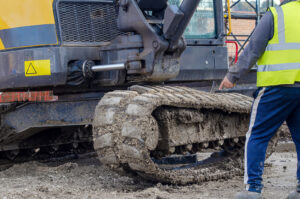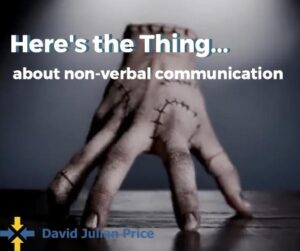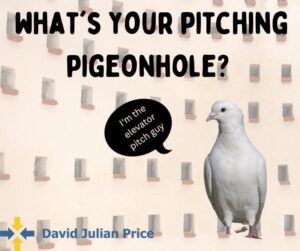How informal meetings can benefit from some more formal processes

If you’re frustrated because your meetings are too long, too many, and decisions aren’t being made, you’re not alone. This is a conundrum for many workplaces and community groups.
Meetings are necessary, but how to make them more productive?
There is a way to streamline the way meetings are run that will ensure every moment is a good use of your time.
When you chair or participate in a meeting, there’s an (often unknown) secret to keeping it on track.
The secret? Carefully blending formal and informal meeting processes within the same meeting.
Why? Formal procedures may seem old-fashioned and unnecessary in today’s meetings.
You may think they’ve had their day, so let’s dig a bit deeper into why it’s a good idea to embrace (some) meeting procedures in your meetings.
Think about the purpose of a meeting – the group meets to make important decisions and propose actions – then the focus of the meeting has a much clearer perspective.
When used correctly, meeting procedures and processes…
- Allow you to better manage the frequency and duration of speakers.
- By first establishing (and then everyone following) an agreed set of Ground Rules for your organisation, can minimise time-wasting discussion.
- Helps you to identify the red herrings and gives a pathway to respectfully deal with them. https://walktall.thinkific.com/courses/how-to-chair-a-meeting
- Helps you to identify whether a suggestion (motion) is worded in an appropriate manner.
- Gives you the space to suggest rephrasing of the suggestion (motion) so it gives more clarity.
- Can change the tone of the meeting to achieve better and more inclusive outcomes.
- Gives more direction when planning the meeting.
- Shortens the time it takes to write the minutes AND they’re more accurate.
Knowing when and how to use a blend of formal and informal procedures is the key to more efficient and effective meetings.
Local government is a perfect example of this. I’ve seen Mayors use both informal and formal procedures in their council meetings, which reduces the overall length of the meeting and increases the clarity of discussion.
To learn the basics of meeting procedures and protocols, whether you’re the chair or a participant, browse David’s online courses https://walktall.thinkific.com/collections or contact him [email protected]
Resources
Meeting Procedure Made Easy (note – this is Australia’s meeting procedure go-to book. Robert’s Rules is written for the USA and is more complex than required for Australian boards and workplaces. https://davidprice.com/product/meeting-procedures-made-easy-2/
Online course https://walktall.thinkific.com/courses/how-to-chair-a-meeting
If you’re ready to get your meetings super organised and need help quickly, I’m at the other end of an email or phone. I’d love to chat with you.
www.davidprice.com [email protected] 08 6165 8867



